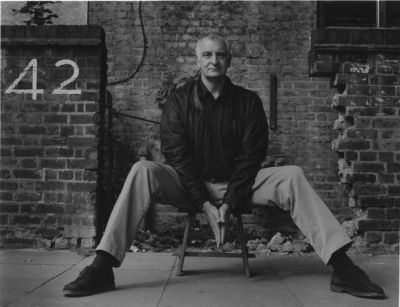
This will be my last post regarding Life, The Universe, and Everything. This project has come to a close with this post.
"There is an art, it says, or rather, a knack to flying. The knack lies in learning how to throw yourself at the ground and miss."(75). As Arthur Dent was sliding down the mountain as the earth was literally sliding beneath his feet, he tripped and fell. Right before he hit the ground he noticed a bag which he had previously lost. He thought about his bag until he realized that he never actually hit the ground. Upon looking down, he was hovering in the air. Arthur Dent was flying!
This was surprising. I had heard the book mention the ability before, but never did I think that Arthur Dent, the main character, could ever pull it off. He never believes anything is possible. Arthur Dent flew high into the sky and managed to slow down his chattering, thinking, brain long enough to save his life, for if you think too hard about flying, you will simply fall.
Then, Arthur realized and thought about this ability to fly and he came down to earth. Arthur then did the most surprising thing. He tripped, on the way down, he thought about a specific retsina in his bag. He never hit the ground. Arthur Dent had now managed to fly twice! It was unbelievable. Incredible. Magical. I was more surprised that Arthur had flown twice than I was that he had flown the first time. I thought for sure that it was a one time thing that would torture Arthur forever. Instead, he gained the ability to fly majestically among the birds, where he "discovered that their conversation was fantastically boring. It was all to do with wind speed, wing spans, power-to-weight ratios, and a fair bit about berries," (232). What a wonderfully surprising book.










